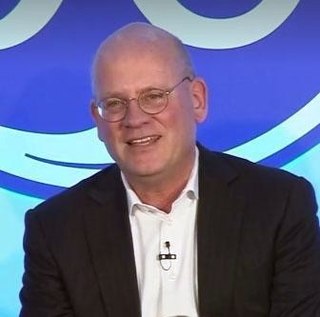A Quote by Olaf Carlson-Wee
This is unproven technology, and if you don't know what you're doing, you shouldn't interact with tokens - from an investor and security perspective.
Quote Topics
Related Quotes
The investor has the benefit of the stock market's daily and changing appraisal of his holdings, 'for whatever that appraisal may be worth', and, second, that the investor is able to increase or decrease his investment at the market's daily figure - 'if he chooses'. Thus the existence of a quoted market gives the investor certain options which he does not have if his security is unquoted. But it does not impose the current quotation on an investor who prefers to take his idea of value from some other source.
I look at the way that my kids interact with technology, and it becomes a mirror to the ways in which I myself interact with technology. I can see the ways in which that addiction and compulsion starts to settle in on them, and it's much more unnerving to see it in them than it is to experience it myself.
Here’s how to know if you have the makeup to be an investor. How would you handle the following situation? Let’s say you own a Procter & Gamble in your portfolio and the stock price goes down by half. Do you like it better? If it falls in half, do you reinvest dividends? Do you take cash out of savings to buy more? If you have the confidence to do that, then you’re an investor. If you don’t, you’re not an investor, you’re a speculator, and you shouldn’t be in the stock market in the first place.
































